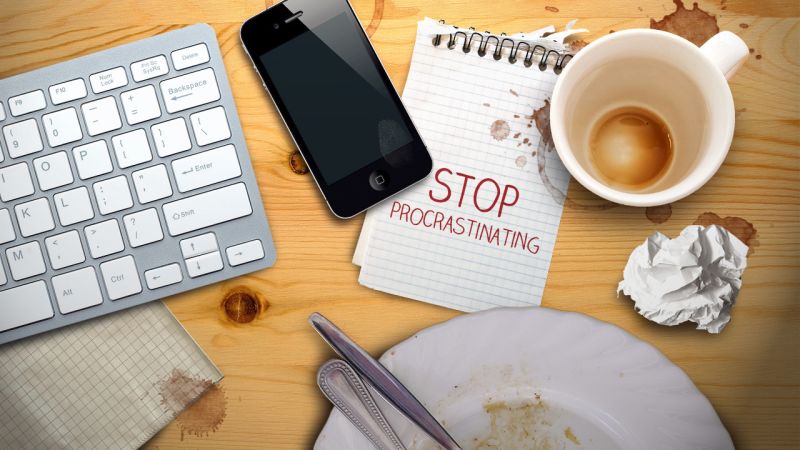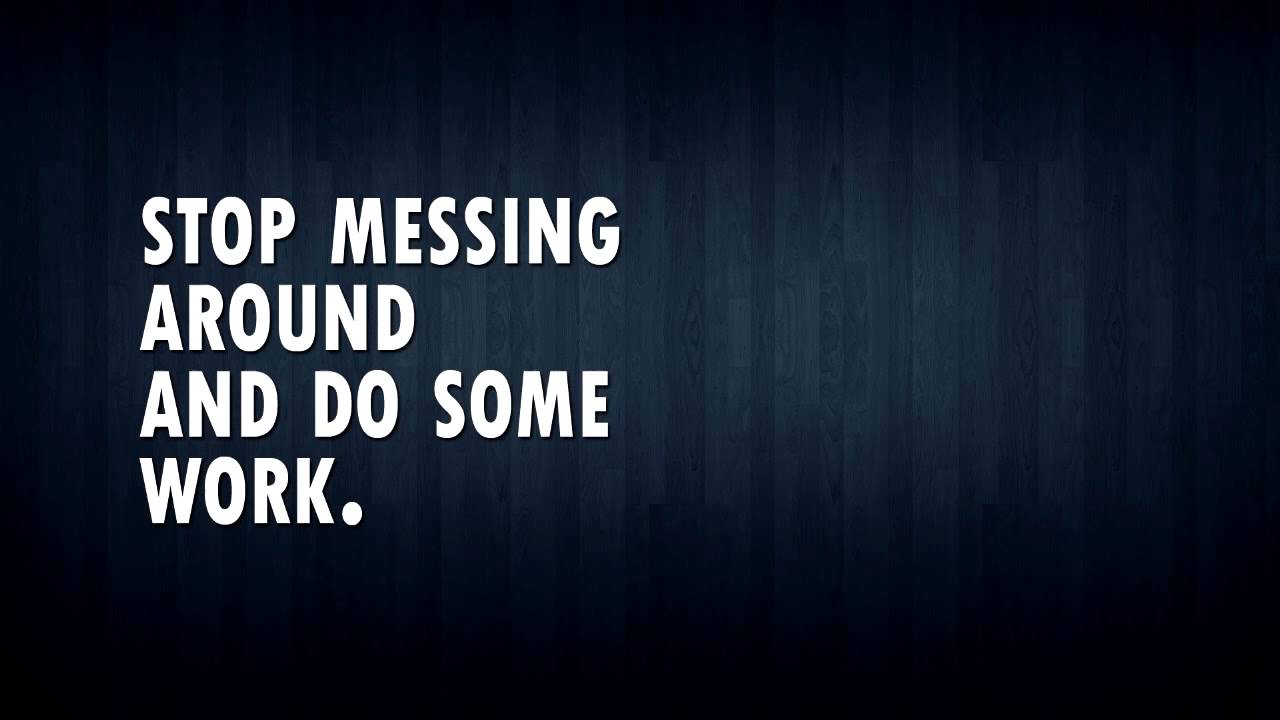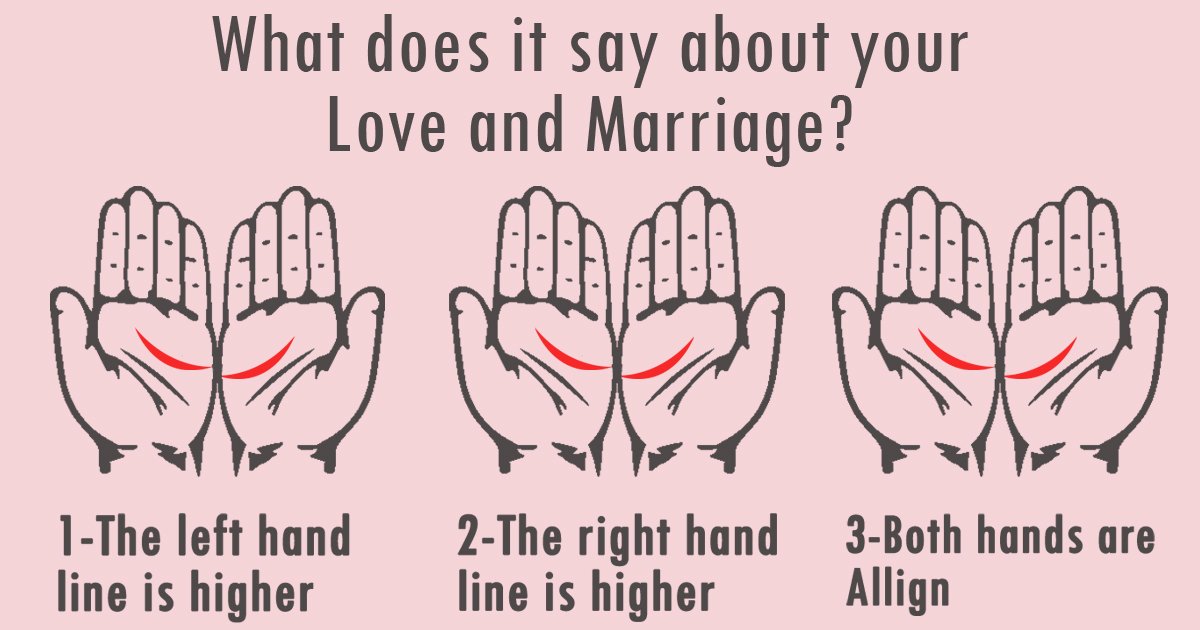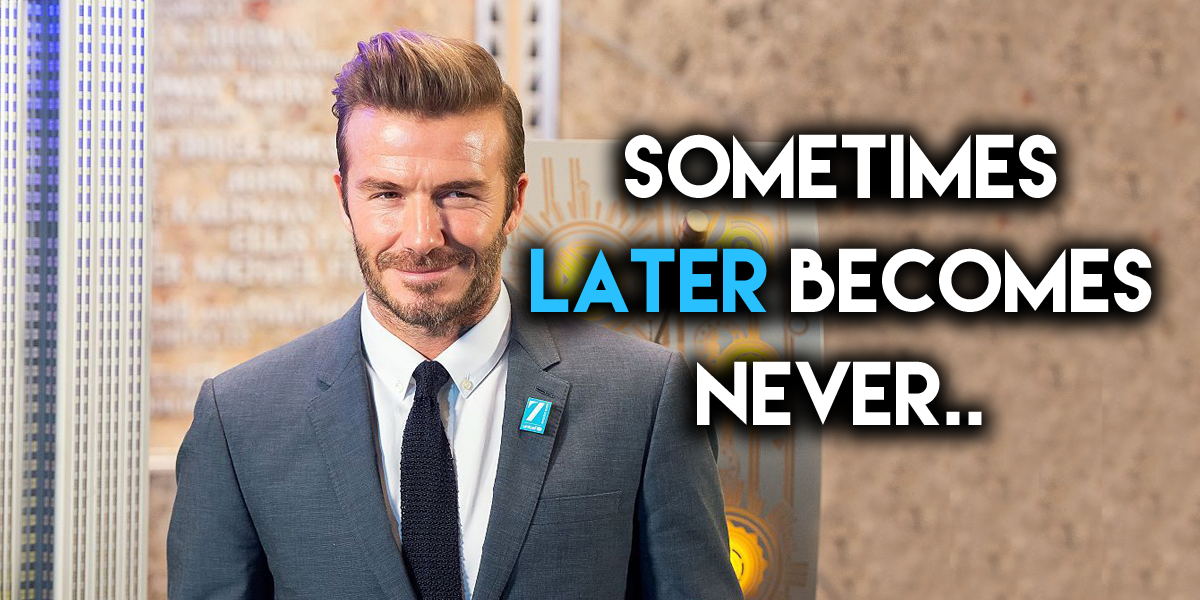We are all familiar with the procrastination phenomenon. When we procrastinate, we squander away our free time and put off important tasks we should be doing them till it’s too late. And when it is indeed too late, we panic and wish we got started earlier. The chronic procrastinators I know have spent years of their life looped in this cycle. Delaying, putting off things, slacking, hiding from work, facing work only when it’s unavoidable, then repeating this loop all over again. It’s a bad habit that eats us away and prevents us from achieving greater results in life. Try to stop procrastinating with these 8 tips:
8. Break your work into little steps:
 Part of the reason why we procrastinate is because subconsciously, we find the work too overwhelming for us. Break it down into little parts, then focus on one part at the time. If you still procrastinate on the task after breaking it down, then break it down even further. Soon, your task will be so simple that you will be thinking this is so simple that I might as well just do it now!”.For example, I am currently writing a new book (on How to achieve anything in life). Book writing at its full scale is an enormous project and can be overwhelming. However, when I break it down into phases such as – (1) Research (2) Deciding the topic (3) Creating the outline (4) Drafting the content (5) Writing Chapters #1 to #10, (6) Revision (7) etc, suddenly it seems very manageable. What I do then is to focus on the immediate phase and get it done to my best ability, without thinking about the other phases. When it’s done, I move on to the next.
Part of the reason why we procrastinate is because subconsciously, we find the work too overwhelming for us. Break it down into little parts, then focus on one part at the time. If you still procrastinate on the task after breaking it down, then break it down even further. Soon, your task will be so simple that you will be thinking this is so simple that I might as well just do it now!”.For example, I am currently writing a new book (on How to achieve anything in life). Book writing at its full scale is an enormous project and can be overwhelming. However, when I break it down into phases such as – (1) Research (2) Deciding the topic (3) Creating the outline (4) Drafting the content (5) Writing Chapters #1 to #10, (6) Revision (7) etc, suddenly it seems very manageable. What I do then is to focus on the immediate phase and get it done to my best ability, without thinking about the other phases. When it’s done, I move on to the next.
7. Change your situation:
 Different environments have different impact on our productivity. Look at your work desk and your room. Do they make you want to work or do they make you want to snuggle and sleep? If it’s the latter, you should look into changing your work space. One thing to note is that an environment that makes us feel inspired before may lose its effect after a period of time.
Different environments have different impact on our productivity. Look at your work desk and your room. Do they make you want to work or do they make you want to snuggle and sleep? If it’s the latter, you should look into changing your work space. One thing to note is that an environment that makes us feel inspired before may lose its effect after a period of time.
6. Make a serious timetable with particular due dates:
 Having just 1 deadline for your work is like an invitation to procrastinate. That’s because we get the impression that we have time and keep pushing everything back, until it’s too late. Break down your project (see tip #1), then create an overall timeline with specific deadlines for each small task. This way, you know you have to finish each task by a certain date. Your timelines must be robust, too – i.e. if you don’t finish this by today, it’s going to jeopardize everything else you have planned after that. This way it creates the urgency to act. My goals are broken down into monthly, weekly, right down to the daily task lists, and the list is a call to action that I must accomplish this by the specified date, else my goals will be put off.
Having just 1 deadline for your work is like an invitation to procrastinate. That’s because we get the impression that we have time and keep pushing everything back, until it’s too late. Break down your project (see tip #1), then create an overall timeline with specific deadlines for each small task. This way, you know you have to finish each task by a certain date. Your timelines must be robust, too – i.e. if you don’t finish this by today, it’s going to jeopardize everything else you have planned after that. This way it creates the urgency to act. My goals are broken down into monthly, weekly, right down to the daily task lists, and the list is a call to action that I must accomplish this by the specified date, else my goals will be put off.
5. Stop Procrastination pit-stops:
 .If you are procrastinating a little too much, maybe that’s because you make it easy to procrastinate. Identify your browser bookmarks that take up a lot of your time and shift them into a separate folder that is less accessible. Disable the automatic notification option in your email client. Get rid of the distractions around you. I know some people will out of the way and delete/deactivate their Facebook accounts. I think it’s a little drastic/extreme as addressing procrastination is more about being conscious of our actions than counteracting via self-binding methods, but if you feel that’s what’s needed, go for it.
.If you are procrastinating a little too much, maybe that’s because you make it easy to procrastinate. Identify your browser bookmarks that take up a lot of your time and shift them into a separate folder that is less accessible. Disable the automatic notification option in your email client. Get rid of the distractions around you. I know some people will out of the way and delete/deactivate their Facebook accounts. I think it’s a little drastic/extreme as addressing procrastination is more about being conscious of our actions than counteracting via self-binding methods, but if you feel that’s what’s needed, go for it.
4. Hang out with individuals who inspire you to make a move:
 I’m pretty sure if you spend just 10 minutes talking to Steve Jobs or Bill Gates, you’ll be more inspired to act than if you spent the 10 minutes doing nothing. The people we are with influence our behaviors. Of course spending time with Steve Jobs/Bill Gates every day is probably not a feasible method, but the principle applies. Identify the people/friends/colleagues who trigger you – most likely the go-getters and hard workers – and hang out with them more often. Soon you will inculcate their drive and spirit too. As a personal development blogger, I “hang out” with inspiring personal development experts by reading their blogs and corresponding with them regularly via email/social media. It’s communication via new media and it works all the same.
I’m pretty sure if you spend just 10 minutes talking to Steve Jobs or Bill Gates, you’ll be more inspired to act than if you spent the 10 minutes doing nothing. The people we are with influence our behaviors. Of course spending time with Steve Jobs/Bill Gates every day is probably not a feasible method, but the principle applies. Identify the people/friends/colleagues who trigger you – most likely the go-getters and hard workers – and hang out with them more often. Soon you will inculcate their drive and spirit too. As a personal development blogger, I “hang out” with inspiring personal development experts by reading their blogs and corresponding with them regularly via email/social media. It’s communication via new media and it works all the same.
3. Get a friend:
 Having a companion makes the whole process much more fun. Ideally, your buddy should be someone who has his/her own set of goals. Both of you will hold each other accountable to your goals and plans. While it’s not necessary for both of you to have the same goals, it’ll be even better if that’s the case, so you can learn from each other. I have a good friend whom I talk to regularly, and we always ask each other about our goals and progress in achieving those goals. Needless to say, it spurs us to keep taking action.
Having a companion makes the whole process much more fun. Ideally, your buddy should be someone who has his/her own set of goals. Both of you will hold each other accountable to your goals and plans. While it’s not necessary for both of you to have the same goals, it’ll be even better if that’s the case, so you can learn from each other. I have a good friend whom I talk to regularly, and we always ask each other about our goals and progress in achieving those goals. Needless to say, it spurs us to keep taking action.
2. Enlighten others regarding your objectives:
 This serves an indistinguishable capacity from #6, on a bigger scale. Tell every one of your companions, partners, colleagues, and family about your tasks. Presently at whatever point you see them, they will undoubtedly get some information about your status on those ventures. For instance, here and there I declare my tasks on my personal blog, Twitter, and Facebook, and my readers will get some information about them on a progressing premise. It’s an extraordinary approach to keep myself responsible to my plans and it also helps me stop procrastinating.
This serves an indistinguishable capacity from #6, on a bigger scale. Tell every one of your companions, partners, colleagues, and family about your tasks. Presently at whatever point you see them, they will undoubtedly get some information about your status on those ventures. For instance, here and there I declare my tasks on my personal blog, Twitter, and Facebook, and my readers will get some information about them on a progressing premise. It’s an extraordinary approach to keep myself responsible to my plans and it also helps me stop procrastinating.
1. Stop complicating things:
 It is safe to say that you are sitting tight for an ideal time? That perhaps now is not the best time in view of X, Y, Z reasons? Discard that idea in light of the fact that there’s never an immaculate time. If you continue sitting tight for one, you are never going to achieve anything. Compulsiveness is one of the most compelling motivations for procrastination.
It is safe to say that you are sitting tight for an ideal time? That perhaps now is not the best time in view of X, Y, Z reasons? Discard that idea in light of the fact that there’s never an immaculate time. If you continue sitting tight for one, you are never going to achieve anything. Compulsiveness is one of the most compelling motivations for procrastination.






